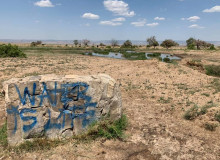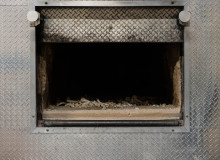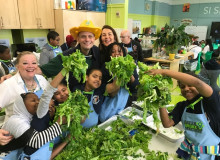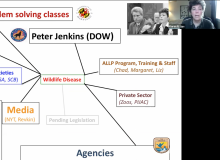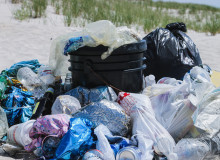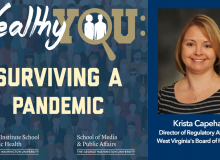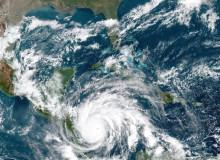pandemic

(National Parks Gallery/Public Domain Dedication)
George Washington University
An invasive fungal pathogen is killing amphibians and sweeping across the Americas. A greater policy response is urgently needed in the United States to address this epidemic and to protect biodiversity.
Arizona State University
Water is a precious commodity that’s scarce in many places across the U.S. but even more so in rural Native American communities like the Navajo Nation, where a virus that requires hand-washing has taken a heavy toll.
Arizona State University
In Arizona, where 16,842 have died in the pandemic, the smoke and the hum of crematoriums working overtime have left some neighbors desperate for relief from the odor and pollution.
Columbia University
The pandemic should be a golden opportunity to change the way we think about mental illness. So far, it hasn’t been.
George Washington University
The Bronx is home to many things — Yankee Stadium, the Bronx Zoo, the birth of hip-hop — and most recently, an idea powerful enough to change the world.
George Washington University
Imagine a disease stealthily traveling around the world, killing millions, and not leaving behind a trace of its existence. For almost thirty years, Karen Lips has been studying and advocating for policies to stop one mysterious fungal disease that... Read More
George Washington University
Up until the onset of COVID-19, the U.S. was making significant progress in banning and taxing plastic bags. How did the pandemic impact that progress?
Founding Director, Planet Forward
When will we climb out of our COVID caves? It all depends on vaccine distribution. West Virginia's Krista Capehart, who helped with the state's distribution plan, discusses lessons learned and strategy.
Northwestern University
Global warming may make infectious diseases such as COVID-19 more widespread by changing disease progression and interaction among people, warn health and climate experts. Ester Wells reports for Medill.
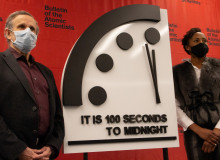
Robert Rosner, left, chair of the Bulletin Science and Security Board, and board member Suzet McKinney unveil the time on the Doomsday Clock at a Zoom news conference on Jan. 27. Rosner is a professor of astrophysics at the University of Chicago, and McKinney is CEO and executive director of the Illinois Medical District. (Bulletin of the Atomic Scientists)
Northwestern University
Scientists sound the alarm on climate change and nuclear risk as the Bulletin of the Atomic Scientists announced the 2021 time for its historic clock, which counts down to a “midnight” apocalypse. Carlyn Kranking reports.

